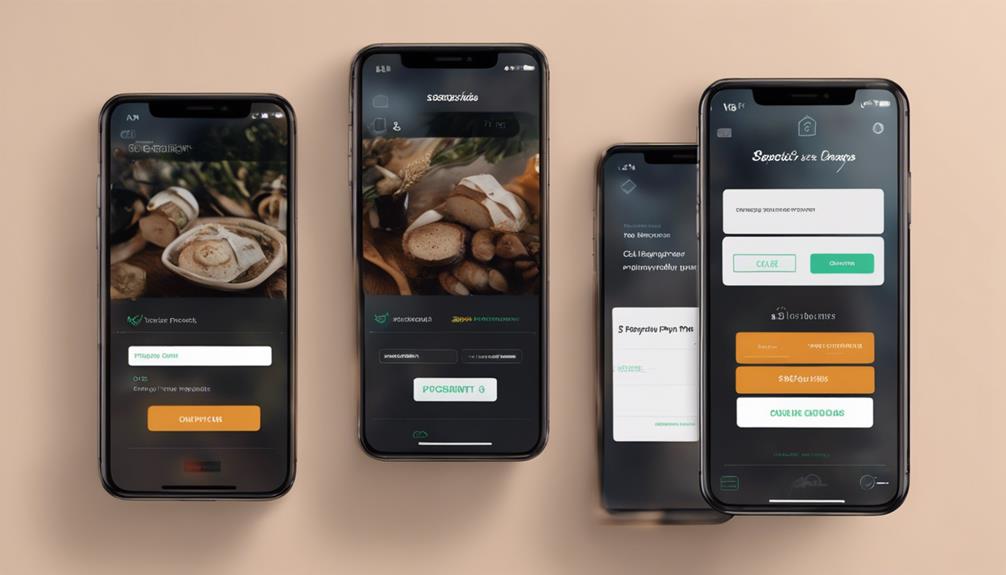Tokenization revolutionizes payment security by replacing sensitive card details with unique tokens, safeguarding against data breaches and identity theft. These tokens, random strings devoid of meaningful data, securely reference stored card information. By reducing risks and fraud, it fosters customer trust, loyalty, and shields against cyber threats. This innovative approach not only enhances security but also simplifies PCI compliance, fortifying payment systems. Discover how tokenization transforms the payment security landscape by offering an impenetrable shield against cyber threats and ensuring secure transactions without compromising card details.
Key Takeaways
- Tokenization revolutionizes payment security by replacing sensitive card data with unique tokens.
- Tokens are randomly generated strings that reference securely stored card information.
- Enhances security by safeguarding payment details and reducing risks of fraud.
- Improves customer trust and loyalty by protecting against cyber threats.
- Simplifies PCI compliance and strengthens payment systems against data breaches.
Understanding Tokenization in Payment Security
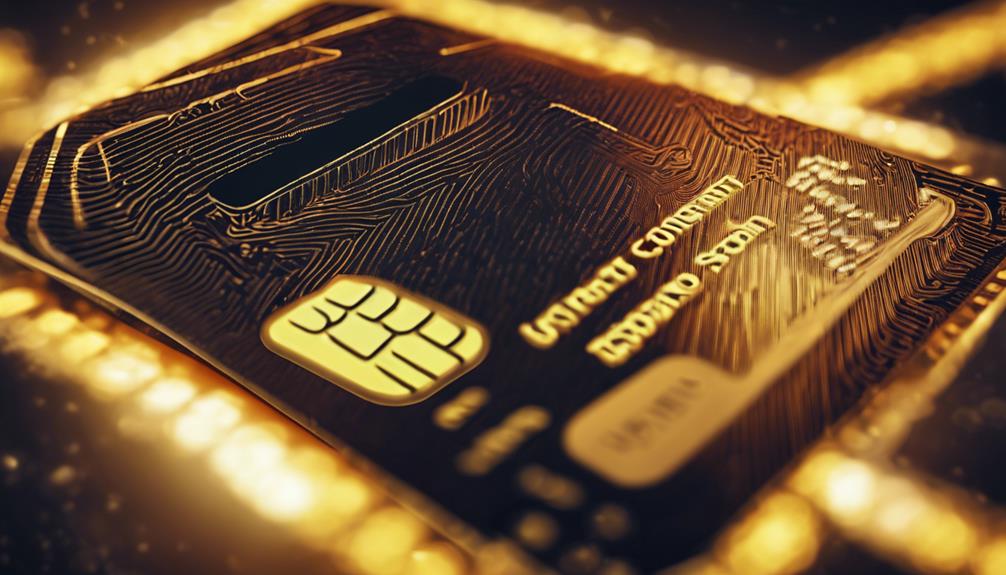
Tokenization in payment security revolutionizes the way sensitive payment data is handled and protected. When you make a payment, tokenization replaces your credit or debit card information with unique tokens. These tokens are randomly generated strings that hold no meaningful data, ensuring that your sensitive information remains secure.
Instead of your actual card details being used for transactions, tokens reference securely stored card information in a token vault. By implementing tokenization, the risks of data breaches and identity theft are greatly reduced. Your payment security is enhanced, giving you peace of mind knowing that your financial information is safeguarded throughout the transaction process.
How Tokenization Enhances Payment Security
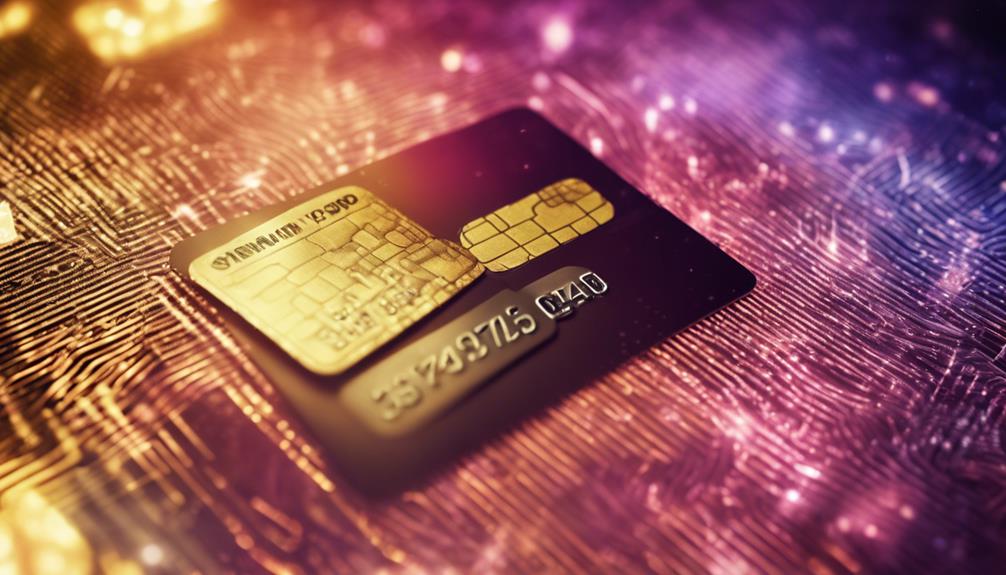
Enhancing payment security through tokenization involves replacing sensitive payment data with unique tokens to mitigate risks of data breaches and identity theft. Here's how tokenization enhances payment security:
- Data Protection: Tokens safeguard sensitive information by replacing it with randomized strings.
- Secure Transactions: Tokens enable secure transactions without exposing actual card details.
- Reduced Fraud Risk: Tokenization reduces the likelihood of fraudulent activities during payment processes.
- Enhanced Customer Trust: By enhancing security measures, tokenization fosters trust and loyalty among customers.
Tokenization acts as a shield against cyber threats, ensuring that payment data remains secure and transactions proceed smoothly.
Benefits of Tokenization in Payment Systems
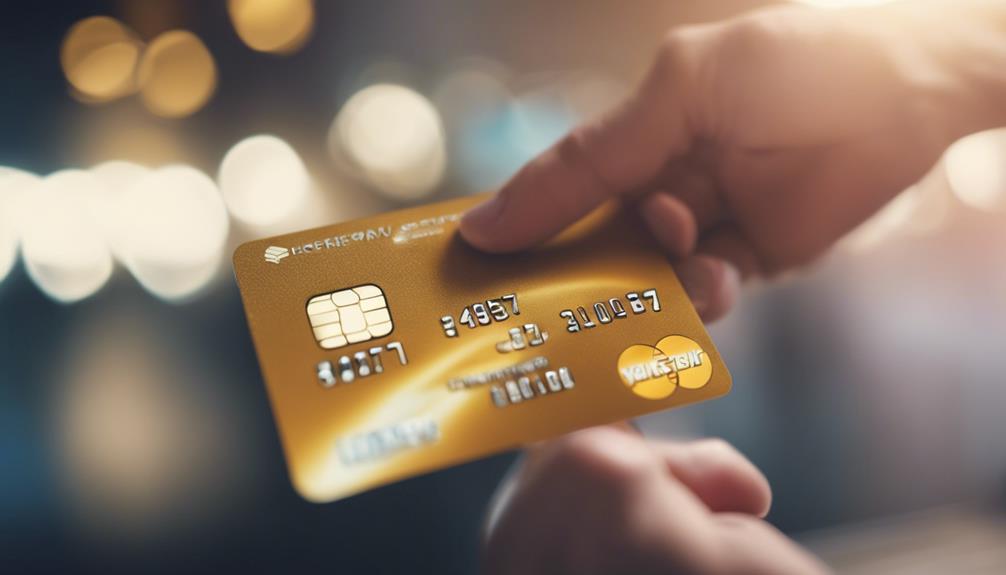
By incorporating tokenization in your payment systems, you can greatly enhance security and protect sensitive data from potential threats. Tokenization offers several key benefits that can substantially improve your payment processes. Here are some advantages of tokenization in payment systems:
| Benefits of Tokenization | |||
|---|---|---|---|
| Enhanced Payment Security | Simplified PCI Compliance | Reduced Risk of Fraud | Increased Customer Trust and Loyalty |
Tokenization not only boosts security but also simplifies compliance with industry standards, reduces the risk of fraud, and fosters trust among your customers. By leveraging tokenization, you can guarantee that your payment systems are fortified against cyber threats and your sensitive data remains safeguarded.
Importance of Tokenization in Cybersecurity

Implementing tokenization in cybersecurity strategies fortifies sensitive data protection against potential threats and breaches. Here are four key reasons why tokenization is pivotal in cybersecurity:
- Data Protection: Tokenization shields sensitive information from unauthorized access.
- Risk Mitigation: Reduces the likelihood of data breaches and identity theft.
- Secure Transactions: Guarantees cardholder data is securely transmitted and stored.
- Compliance Simplification: Facilitates adherence to PCI DSS requirements, streamlining cybersecurity protocols.
Optimizing Online Payments With Tokenization
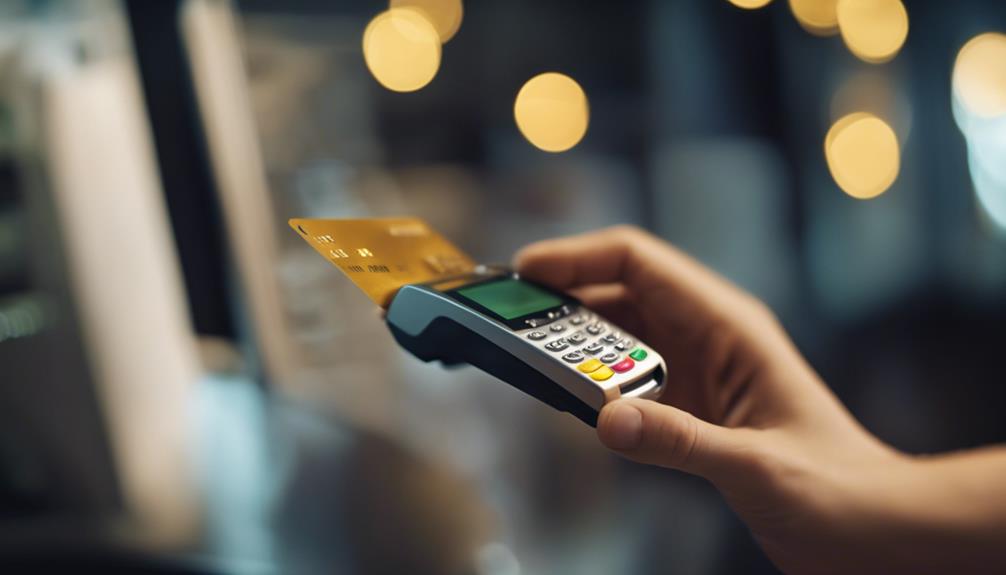
To optimize online payments with tokenization, fortifying sensitive data protection against potential threats and breaches remains crucial.
When you utilize tokenization for online transactions, your sensitive payment information is replaced with unique tokens. These tokens are randomly generated strings that hold no meaningful data, enhancing security by keeping your actual card details secure.
By using tokens, your payment details are referenced from a secure storage vault, reducing the risks of data breaches and identity theft.
With tokenization, the online payment process becomes more secure, providing a layer of protection that safeguards your information from cyber threats.
Embracing tokenization in your online transactions ensures a safer and more secure payment experience.
Frequently Asked Questions
How Are Tokens Securely Stored and Managed in Tokenization Systems?
Tokens in tokenization systems are securely stored in a designated vault. Each token is linked to encrypted card details, guaranteeing sensitive information remains protected.
By separating the tokens from the actual data, security is enhanced, reducing the risk of breaches and fraud. This method allows for efficient management of payment information while safeguarding cardholder data.
Storing tokens in a secure vault guarantees the integrity and confidentiality of the payment details.
Can Tokens Be Reversed Back Into Sensitive Payment Data?
Tokens can't be reversed back into sensitive payment data. Once a token is generated, it's a one-way street. This means that even if someone got hold of a token, they wouldn't be able to convert it back into your credit or debit card details.
This process adds an extra layer of security, making it extremely difficult for hackers to access your sensitive payment information. It's like locking your data in a digital safe!
What Measures Are in Place to Prevent Token Theft or Misuse?
To prevent token theft or misuse, robust security measures are implemented. Encryption techniques safeguard sensitive data during transmission. Access controls and authentication protocols restrict unauthorized usage. Regular monitoring detects any suspicious activities promptly.
Token vaults securely store card details, ensuring only authorized access. Continuous updates and patches strengthen defenses against evolving threats. Compliance with industry standards like PCI DSS further enhances protection.
These measures collectively fortify the security of tokenized payment systems.
Are There Different Types of Tokens Used in Payment Tokenization?
Yes, there are different types of tokens used in payment tokenization. These tokens can be static or dynamic. Static tokens remain the same for each transaction, while dynamic tokens change with every transaction, enhancing security.
Both types serve the purpose of replacing sensitive data with unique identifiers to safeguard payment information. Understanding the distinction between static and dynamic tokens can help you choose the most secure option for your transactions.
How Does Tokenization Impact Transaction Processing Speed and Efficiency?
When you think about how tokenization impacts transaction processing speed and efficiency, think of it like a security guard at a gate. Tokenization swiftly swaps out sensitive card details with harmless tokens, speeding up transactions.
Conclusion
In today's digital world, protecting your financial information is more important than ever. Tokenization offers a secure and innovative solution to safeguard your online payments. By replacing sensitive data with unique tokens, you can rest assured that your personal details are safe from potential cyber threats.
Embracing tokenization is like building a fortress around your financial information, ensuring it remains protected and inaccessible to unauthorized parties. Stay ahead of the curve by incorporating tokenization into your payment security strategy.






